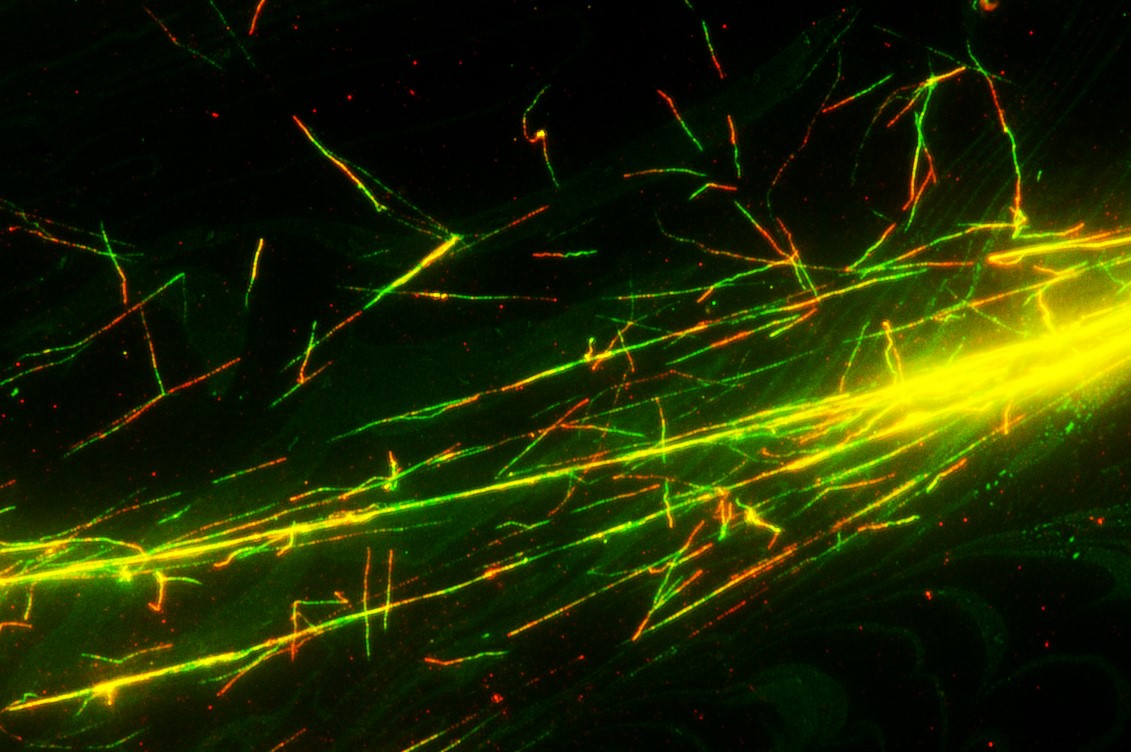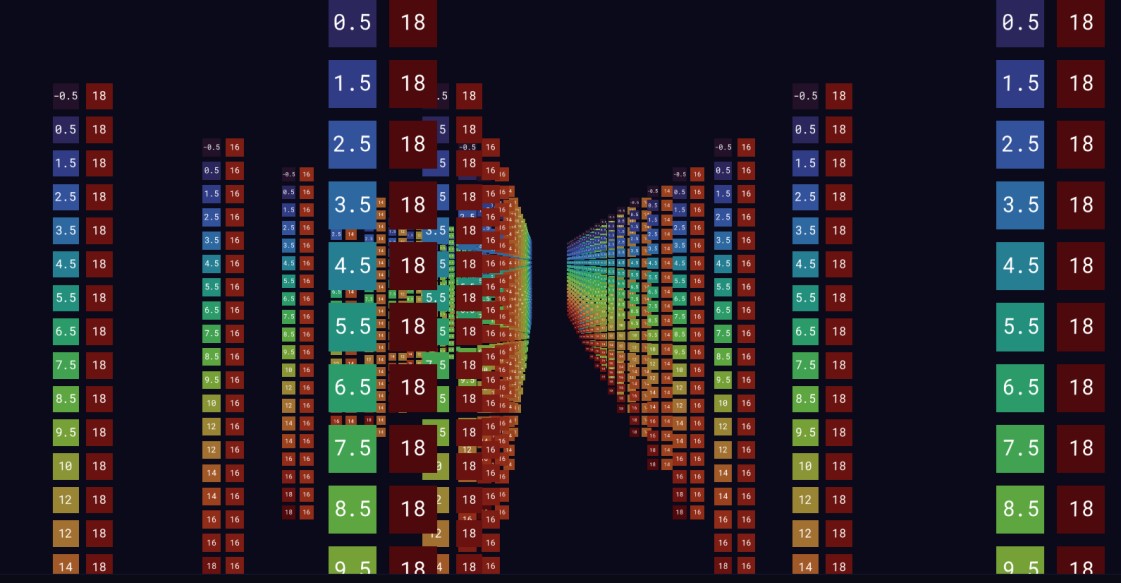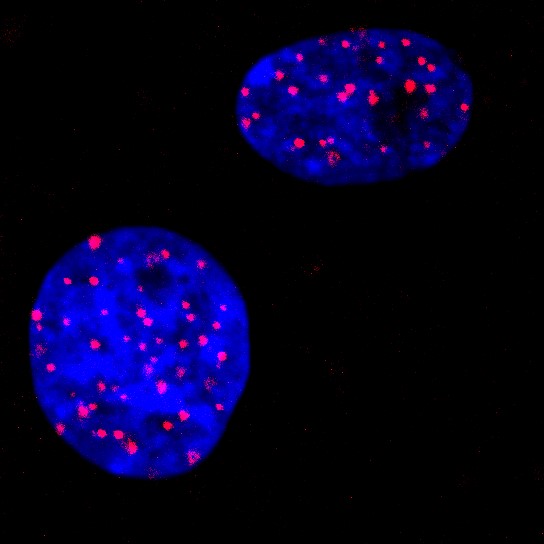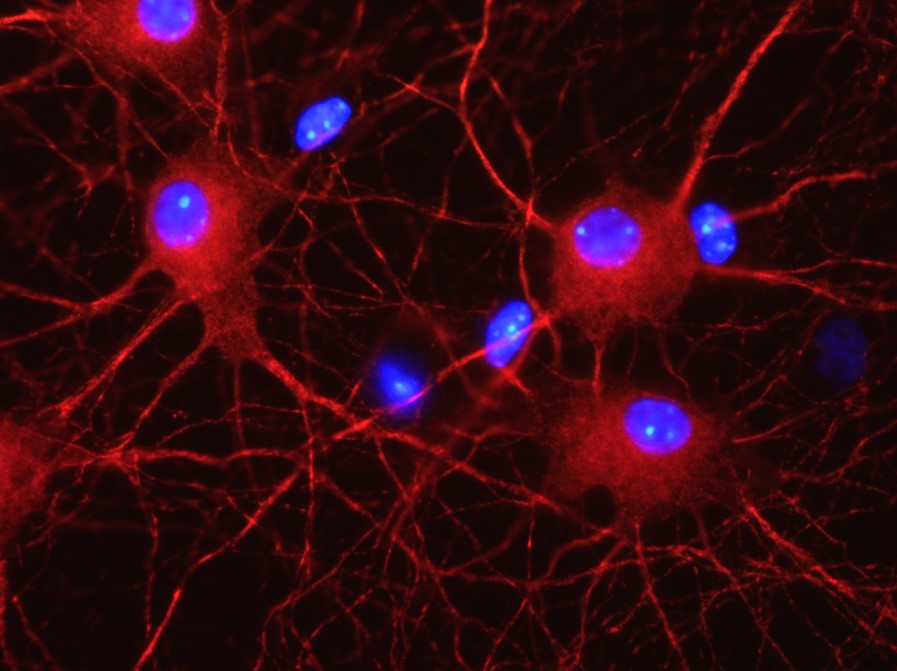Basic Research
Proactive Genomic Stability under Hypoxia

Machine Learning in Genomic Stability Research

Genomic stability is a feature of every organism to preserve and faithfully transmit the genetic material from generation to generation or from one somatic cell to another. Genome is always insulted from endogenous (e.g. gene mutation, DNA replication errors, metabolic reactive oxygen species) and exogenous sources (e.g. hypoxia, ultra violet, genotoxic drugs) in single or combined manners. Deficient DNA replication, inefficient DNA repair and consistent DNA breaks result in genomic instability.
Zhao lab is committed to explore novel mediators and mechanisms of genomic stability under hypoxia, which is a typical exogenous insult of genomic integrity. It is well-known that hypoxia impairs the entire efficiency of DNA damage response, while cellular proactive strategies of stabilizing genome in response to hypoxic stress are quite unclear. Focusing on this point, we are performing the studies as follows:
1. We have identified some cell lines with superior capacities of genomic stability under hypoxia. Using these cell lines, we are exploring novel mediators and mechanisms of proactive genomic stability and hypoxia tolerance.
2. We are using state-of-the-art techniques such as machine learning and deep learning in order to integrate biomedical big data and mine new factors and networks in genomic stability regulation.
Applied Research
Proactive Genomic Stability under Hypoxia

Machine Learning in Genomic Stability Research

Machine Learning in Genomic Stability Research

Human organs and tissues show varied sensitivities to severe hypoxia. For instance, brain is the most sensitive organ to hypoxia stress. Hypoxia from high altitude, stroke or cerebrovascular dysfunction causes brain damage and death. Contrarily, pancreatic cancer, a most lethal solid tumor type, holds severe hypoxia in its microenvironment. Pancreatic cancer cells are adaptive and resistant to such low-oxygen conditions, which is a major therapeutic obstacle for current clinical therapy. Meanwhile, hypoxia induced telomeric instability closely correlates with cellular senescence and physiological aging. We aim to translate our knowledge from genomic stability basic research into benefitting human health as follows:
1. Develop approaches to protect hippocampus neurons from hypoxia.
2. Targeting TME hypoxia for solid tumor therapy in the context of pancreatic ductal adenocarcinoma (PDAC).
3. Develop approaches to stabilize telomeres physiologically for human healthspan extension.